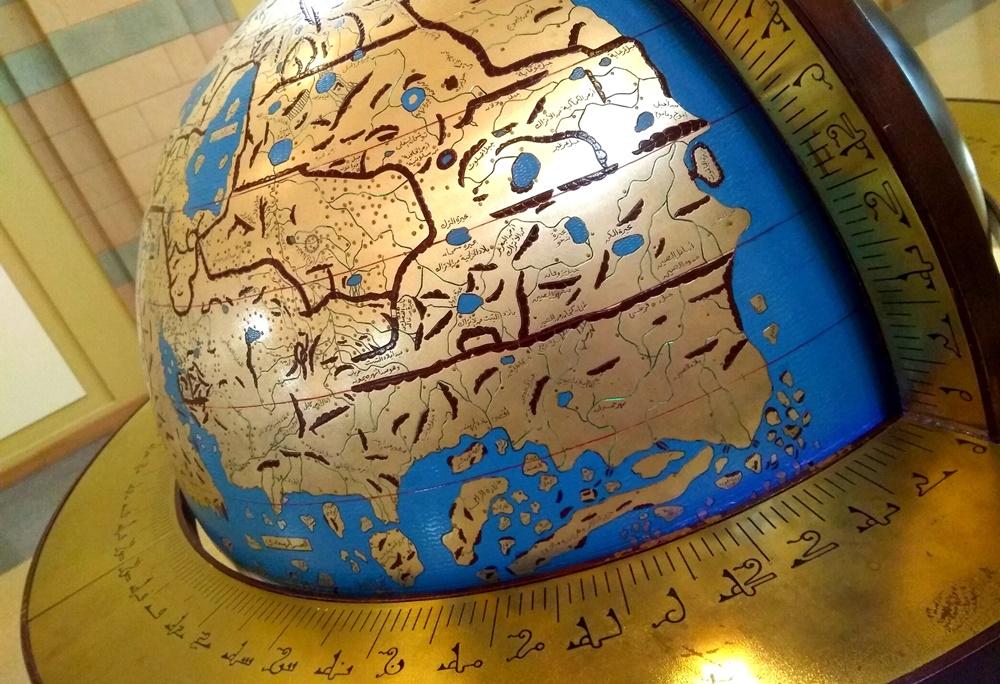We know that the Earth takes up to 24 hours to spin around its axis. However, scientists have recently noticed that the earth has picked up some speed. Consequently, some days are now shorter than they used to be.
The feeling this news arouses is more familiar than we care to admit. All of us have felt hours in our day shrinking and time flying by. This also calls to memory one of the sayings of the Prophet ﷺ that Abu Hurayrah reported:
“The Hour will not begin until time passes quickly, so a year will be like a month, and a month will be like a week, and a week will be like a day, and a day will be like an hour, and an hour will be like the burning of a braid of palm leaves.” [Ahmad]
The phrase here “time passes quickly” may be interpreted literally or metaphorically.
Metaphorically, it may refer to barakah (blessing) disappearing from time, which is something we all can attest to. Its literal manifestation is now occurring.
The earth ideally takes 24 hours to complete its rotation and every 24 hrs it is a new day. However, on the 29th of July, our planet took 1.59 milliseconds less to rotate on its axis. Thus the day ended before its usual time.
This is not just a one-time fluke. On 19th July 2020, the earth completed its rotation 1.47 milliseconds before time, and according to International Earth Rotation and Reference Systems (IERS), in 2020 alone, Earth recorded 28 shortest days.
So, this has been happening for some time now. The question ‘why?’ is being explained by scientists in varied ways. Some suggest it could be the result of climate change that has disrupted the melting and refreezing of ice caps on the world’s tallest mountains, which in turn led to less weight on the poles.
Apart from climate, Earth’s inner and outer layers, oceans, and tides are also suspected to be the reasons.
The scientists have also blamed what is called ‘Chandler Wobble’ which is basically a change in the spin of Earth on its axis. The speed with which our planet rotates on its axis has varied throughout history. 1.4 billion years ago, a day would pass in less than 19 hours, compared to 24 hours today. So, up until now, days on earth were getting longer rather than shorter.
But the planet is currently spinning faster than it was half a century ago. Any slight variation in the speed of rotation affects the global timekeeper – the atomic clock, which would require leap seconds to be added. Or as in this case, a negative leap second to potentially occur.
Taking off a second from a day may not seem much in words but it could have a devastating effect on the software relying on timers or schedulers. While the impact of a negative leap second has never actually been tested on a large scale, the introduction of leap seconds has taken place before. Adding a leap second can not only affect your clock, but it could also impact internet servers.
For example, back in 2012, Reddit experienced a massive outage because of a leap second. Its site was inaccessible for 30 to 40 minutes due to changes in time patterns. It sparked hyperactivity on the servers, which locked up the machines’ CPUs. Many other internet companies shared similar experiences.








 Dr. Bilal Philips
Dr. Bilal Philips